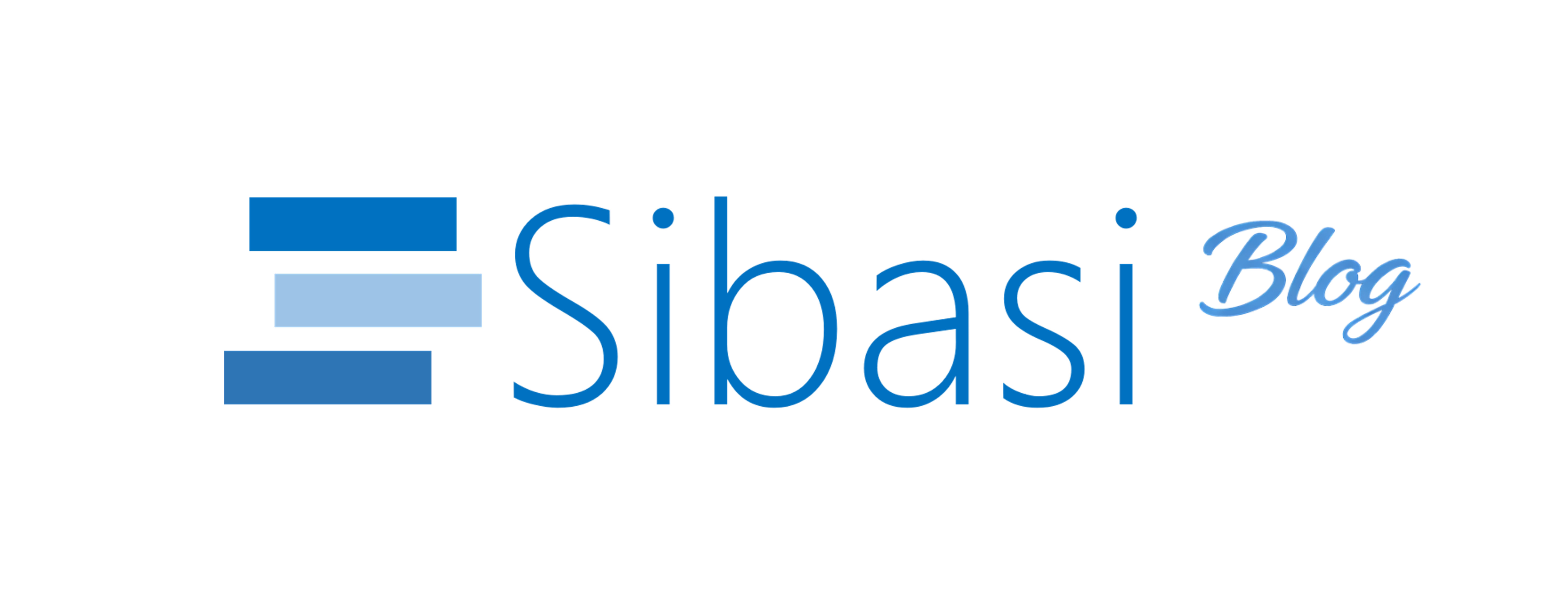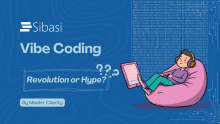Imagine a digital assistant that doesn't just respond to commands but actively anticipates your needs, conducts research, and executes complex tasks autonomously.
This isn't science fiction; it's the emerging reality of AI agents, powered by technologies like AutoGPT and multi-agent frameworks. We are at the cusp of a productivity revolution where tools evolve from passive instruments to proactive collaborators. These agents are poised to redefine how we work, manage information, and achieve our goals.






